
How Much Does It Cost to Get CE Certification?
In layman's terms, CE certification is a mandatory certification of the European Union (EU). There are clear regulations in the EU market that require products exported to the EU to obtain CE certification. CE certification serves as a passport for products to enter the EU market; it is a mandatory requirement without which products cannot pass through customs or be sold in the EU market.
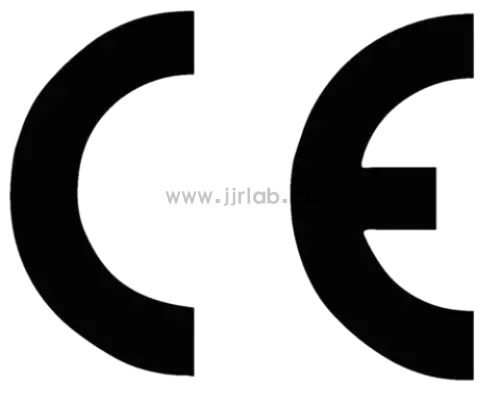
The CE mark indicates compliance with the essential requirements of European directives rather than just quality standards. It is a mandatory certification mark in the EU market for products manufactured by both EU and non-EU countries. To freely circulate in the EU market, products must bear the "CE" mark, indicating compliance with the essential requirements of the EU's "New Approach to Technical Harmonization and Standards" directives. This is a mandatory requirement imposed by EU law on products.
Countries requiring the CE certification mark include certain product groups within the European Economic Area (EEA; the 28 EU member states plus Iceland, Norway, and Liechtenstein), as well as Switzerland and Turkey. Manufacturers within the EEA and importers of goods from other countries must ensure that products bearing the CE mark comply with standards.
Why is the EU CE certification mark important?
Industrial products subject to directives requiring the CE certification mark must not be marketed without it. Products already on the market bearing the CE mark found not to comply with safety requirements must be withdrawn from the market. Persistent violations of directives regarding the CE certification mark may lead to restrictions or bans on entry into the EU market or forced withdrawal from the market.
The approximate cost of EU CE certification is as follows:
For DC<75V / AC<50V / Battery-powered / USB-powered ordinary low-voltage products undergoing ce emc testing, the certification cost starts at approximately $450, with a duration of 5-7 working days. For ordinary high-voltage products undergoing CE LVD and CE EMC testing, the certification cost starts at approximately $750, with a duration of 5-7 working days.
Is a factory inspection required for CE certification?
Are there any other subsequent fees? Unlike CCC, UL, and other certifications, CE certification only involves safety testing of samples, thus there is no factory inspection. If the product remains unchanged and testing standards are not updated, there are no additional subsequent fees.
How long does CE certification take?
Currently, conventional product CE certification mainly involves testing two parts: EMC electromagnetic compatibility testing and LVD safety testing, with a typical CE testing duration of around 7 days.

What is the validity period of CE certification reports?
CE certification does not have a strict expiration date; it generally remains valid indefinitely. However, products may need to be recertified or certificates updated under the following circumstances:
1. The directives used for previous certification are replaced by new directives.
2. Significant changes are made to certified products.
3. Safety issues arise with products after they enter the market, leading to the official cancellation of certificates.
Email:hello@jjrlab.com
Write your message here and send it to us
 ASTM D4169 Drop Test
ASTM D4169 Drop Test
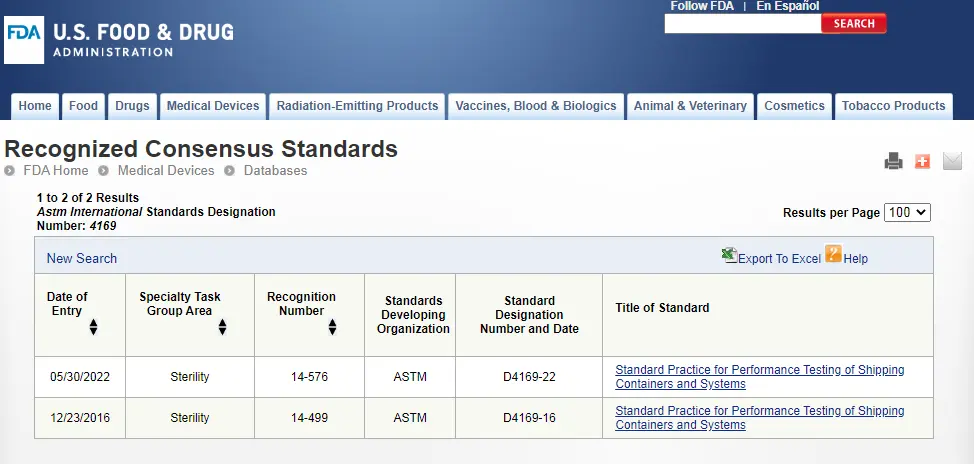 ASTM D4169 Packaging Simulation Transportation Tes
ASTM D4169 Packaging Simulation Transportation Tes
 What is ASTM D4169 Testing?
What is ASTM D4169 Testing?
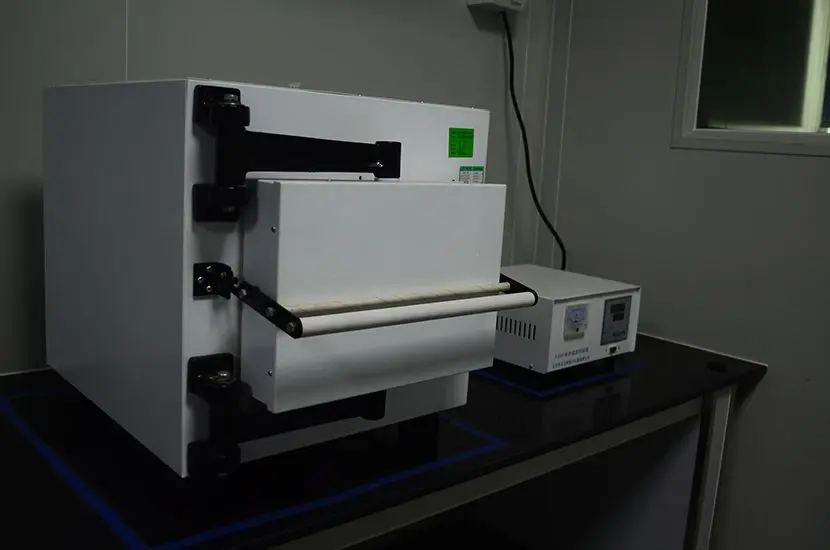 ASTM D4169-23 Test Standard Revision
ASTM D4169-23 Test Standard Revision
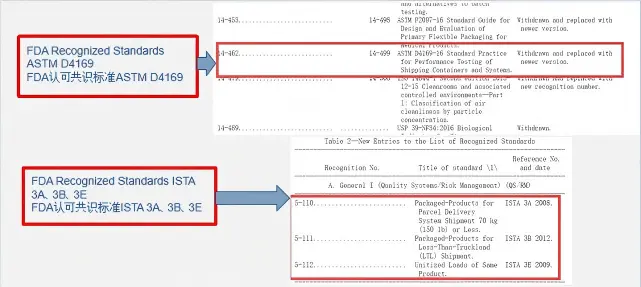 Transport Simulation Testing for Medical Device Pa
Transport Simulation Testing for Medical Device Pa
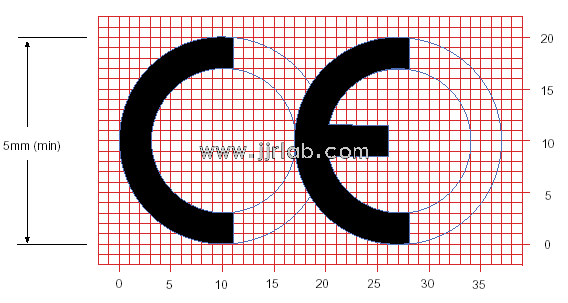 EU CE Certification Guidelines for Lighting Fixtur
EU CE Certification Guidelines for Lighting Fixtur
 Lithium Battery Export: CB Certification & IEC
Lithium Battery Export: CB Certification & IEC
 How to Apply for One FCC Certificate for Multiple
How to Apply for One FCC Certificate for Multiple
Leave us a message
24-hour online customer service at any time to respond, so that you worry!




